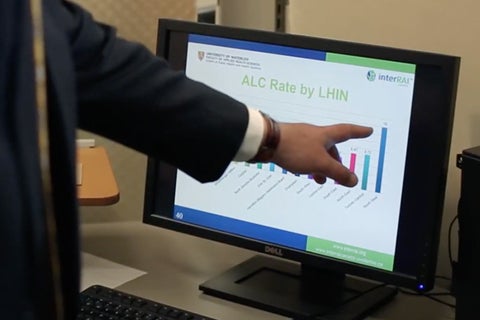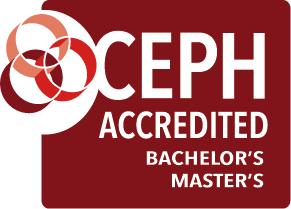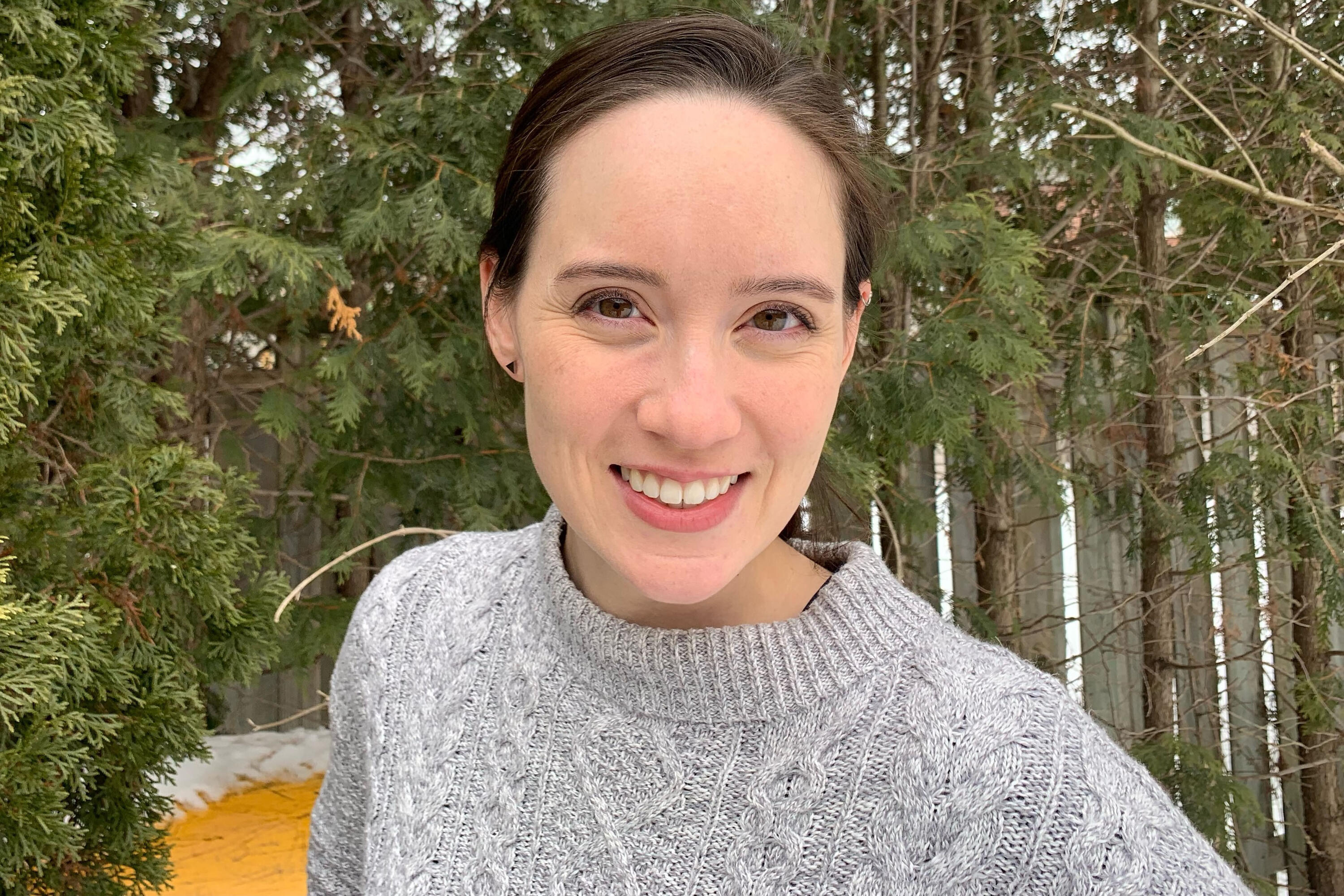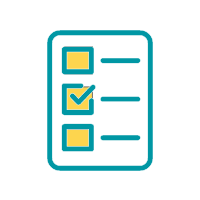Advance your career as a health professional
The Master of Public Health (MPH) program provides a broad understanding of public health and the knowledge, tools and skills for leadership roles in public health settings.
The program highlights evidence-informed practice in public health, sociobehavioural health, environmental health and public health informatics.

Create a healthier future
-
Gain the skills and knowledge necessary to take a leadership role in public health and tackle complex public health issues.
-
Learn to evaluate and assess the health status of communities, anticipate and act to prevent health problems, protect populations from health hazards and promote health and well-being.
- Engage with prominent faculty who share their real-world research, theory and practice experience in the classroom.
- Apply the knowledge, tools and skills you learn in a professional public health setting through the experiential practicum.
- Cater your degree to your needs. The MPH is flexible for the working professional and conducive to a full- or part-time workload.

Offered online
The Master of Public Health program provides flexibility for the working professional and can be completed in two to four years. On-campus attendance is required at the beginning and end of the program and students also complete a 420 hour professional practicum.

Accredited
The Master of Public Health program is accredited by the Council on Education for Public Health.
Application deadline: February 1
In order for an application to be considered, all required documentation, including academic references, must be submitted on or before this date. Please aim to apply by January 18 to allow adequate time to upload supporting documents and ensure that your referees are aware of this firm deadline.
NOTE: Due to the competitive nature of the professional programs at the University of Waterloo the ideal GPA for admission is based on the current pool of applicants and the previous years GPA cut-off. The minimum Graduate Studies application standard for admission is a CGPA of 3.0 or 75%. Successful applicants in the professional programs in 2023/2024 had an average GPA of 78%.
Curriculum
The MPH program is mainly a course-based curriculum. In order to graduate, students are required to complete the following degree requirements:
- MPH Introductory Institute (on campus for one week at the beginning of the program)
- 9 core courses
- Two elective courses
- One 12–16 week practicum course (420 hours)
There is no research/thesis option.
Course offerings and program sequence
Click on the links below to view the course offerings and program sequence for part- and full-time students. These sequences are subject to change but can be used as reference for planning your future terms.
Practicum
Gain relevant experience by completing a 420-hour professional practicum at a public health unit, provincial or federal governmental agency or non-governmental organization. You will work closely with the Experiential Learning and Communications Specialist to find a meaningful practicum that will provide you with an opportunity to apply your knowledge and skills in a professional setting and connect with future employers.
The practicum can be completed on a full-time basis over one term or part time over two terms.
Examples of previous practicum sites and projects
| Site | Project |
|---|---|
| Southwestern Public Health | Coordinated approach to developing vulnerability assessment |
| Public Health Ontario | Creation of the Peel Public Health Strategic Plan |
| Region of Peel Public Health | A vaping environmental scan |
| Canadian Cancer Society | Climate change and cancer risk |
| Indigenous Services Canada | Reporting on performance indicators of First Nations community-based health programs and services |

Working at Sunnybrook Health Sciences Centre for her practicum placement as part of her Master of Public Health program, Melissa Chao has had the opportunity to broaden her understanding of data collection and governance and its challenges in practice.
Funding and awards
A variety of scholarships, assistantships, and other forms of financial aid are available for graduate students in any professional graduate program. Most of these awards are for full-time graduate students only.
Learn more about funding and awards for professional programs →
Frequently asked questions
We've compiled the answers to the most common questions about the MPH program.



